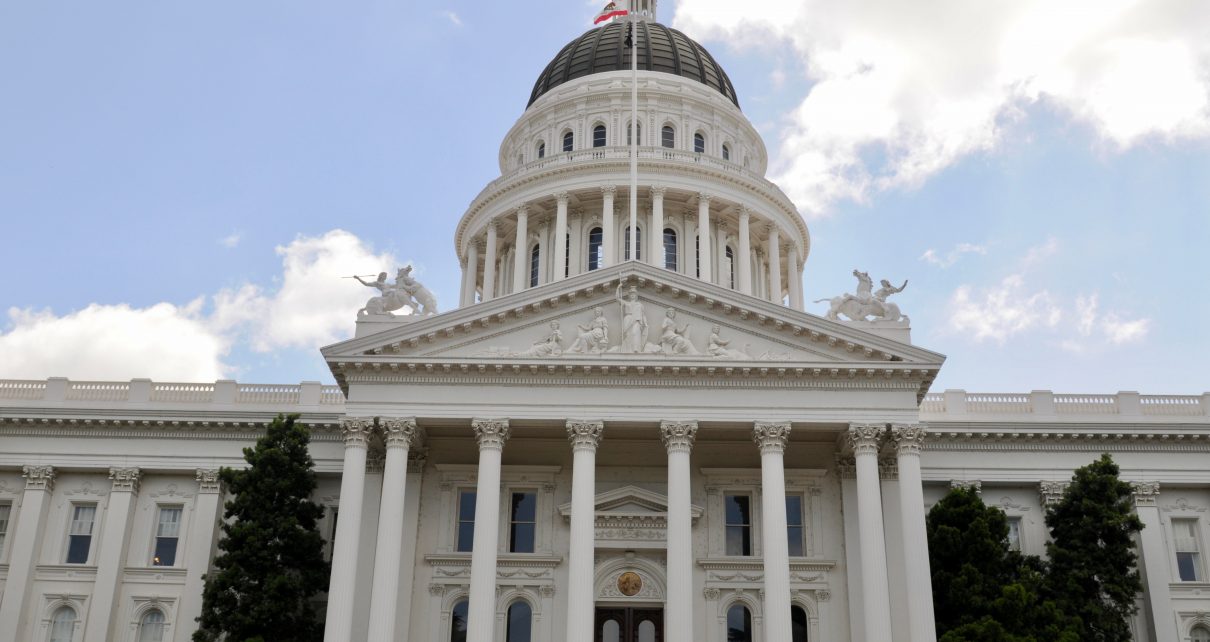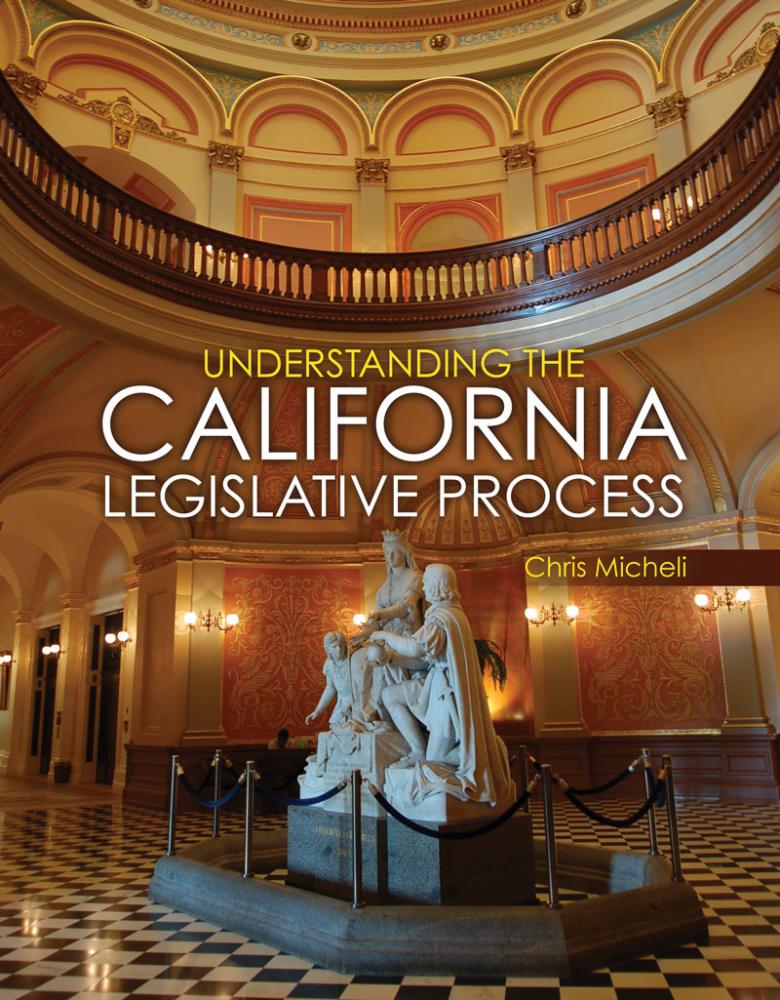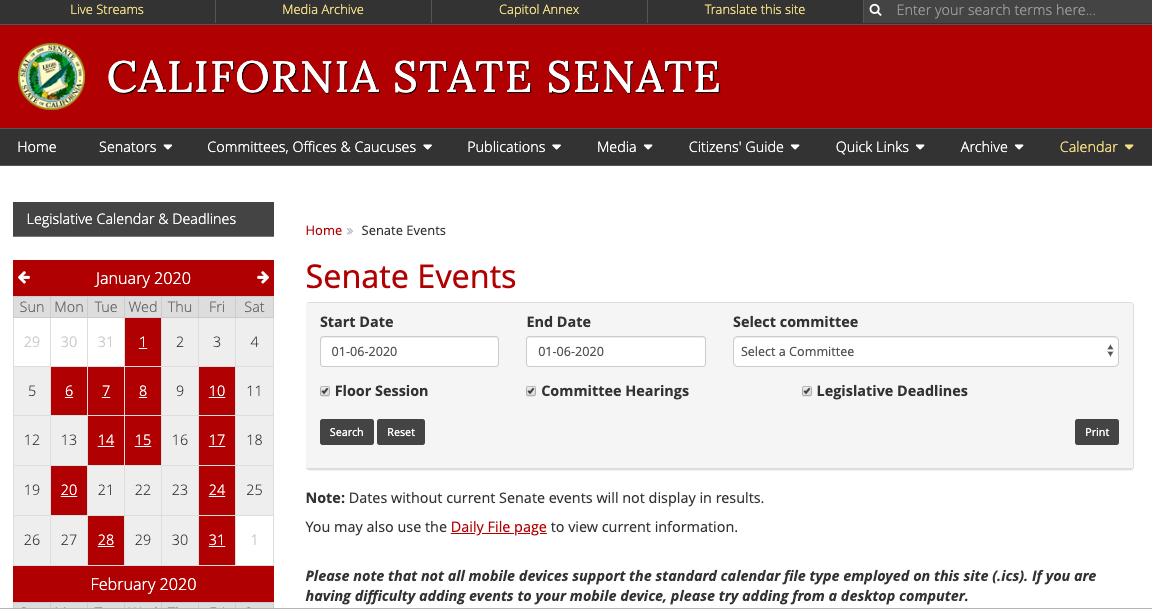
State Capitol Building. (Photo: Kevin Sanders for California Globe)
Legislative Terms Compared
California calls them bill authors; almost all other states call them bill sponsors
By Chris Micheli, February 4, 2023 8:08 am
In reviewing the bill drafting manuals of the majority of states that publish them, I have read about some of the terms used in these other states, and the comparable term used in the California Legislature.
California calls it a sunset date or repeal (when a statute is repealed or terminated). Hawaii calls it a “drop dead” clause. North Dakota calls it a “repealer” clause. Washington (state) calls it an “expiration date” clause. Louisiana calls it an “expiration clause” or a “termination clause.”
California calls it an urgency clause (when a statute can take effect immediately). New Mexico calls it an emergency clause. Colorado calls it a safety clause.
California calls it current law. Louisiana calls it “present law.”
California calls it a special statute (rather than a general statute). Colorado calls it a “declaration of special factors.”
California calls it a gut-and-amend bill (when new contents are placed into an existing bill). Hawaii calls it a “gut and replace” bill. New Mexico calls it a substitute bill. South Dakota calls it a “hoghouse” bill. Kentucky calls a variation of this as a “piggyback amendment.” Colorado calls it a “SEBEC amendment” (“Strike Everything Below the Enacting Clause”). Minnesota called is a “delete everything” amendment.
California calls them bill authors; almost all other states call them bill sponsors.
California calls it amending an existing law. North Dakota calls it an amending clause.
California calls it adding a new law. North Dakota calls it a creating clause.
California calls it a reporting provision (when a law is required to be studies and reported back to the Legislature). Colorado calls it an accountability clause.
California calls it the Legislative Counsel’s Digest (when a summary of a bill is provided). South Dakota calls it the “catchline.” Illinois calls it an “ABR” (abbreviated synopsis of a bill). Louisiana calls it an “abstract.”
California calls it a section heading (describing the particular code section’s topic). Minnesota calls it a headnote.
California calls it the single subject rule (when a bill can only include one major subject or topic). Washington (state) calls it the “one subject” rule, as does Texas and Colorado.
California calls it a companion bill (when the same bill is introduced in both houses). Kentucky calls it a “same as” bill.
California calls it a legislative intent statement (when a bill contains one or more statements of intent). Minnesota calls it an interpretation clause.
California calls it a trailer bill (that trails the state budget bill and makes statutory changes to implement the budget). Illinois calls it a “trailer bill” when a bill amends another, earlier passed bill, in the same session that has not taken effect yet.
California has four types of bills that are not subject to referendum. Colorado’s Legislature can insert a “safety clause” into any bill that precludes it from being subject to the people’s power of referendum.
- Stay of Appeals - March 4, 2026
- Liability for a Deceased Spouse’s Debt - March 4, 2026
- Wildlife Management Areas - March 3, 2026





One thought on “Legislative Terms Compared”